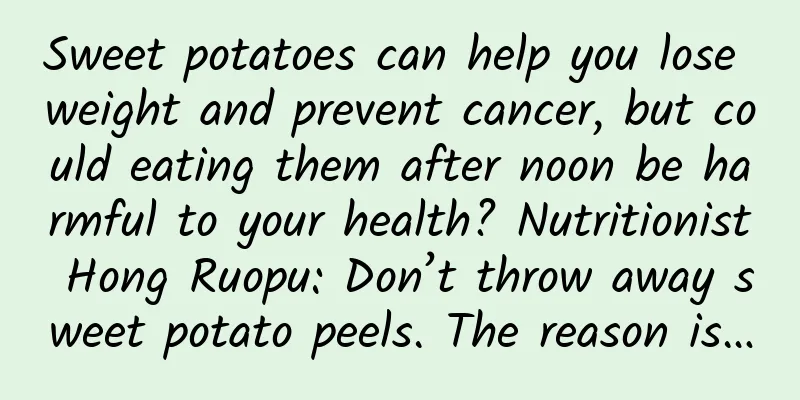How to take care of diarrhea after abortion? There are 3 key points in diet conditioning for diarrhea after abortion.

|
Abortion is actually a relatively common gynecological surgery nowadays, but we all know that such an operation actually has very serious impacts and harms on women, especially if you do not pay attention to various post-operative care and health care, and even many other adverse infections may occur. Some people are prone to diarrhea after abortion, or other phenomena, so various post-abortion care work must be paid attention to. You must take medicine according to the doctor's advice, and go to a regular hospital for a checkup two weeks after the operation to rule out the possibility that the abortion was not complete. You must also take good care of your diet: After an abortion, you must still make reasonable arrangements for the quantity, quality, and combination of various foods to meet the body's needs for protein, carbohydrates, fat, vitamins, inorganic salts, water, and cellulose. In order to promote recovery after an abortion, dietary adjustments should focus on the following points: (1) Protein is an important component of antibodies. If it is not taken in enough, the body's resistance will be reduced. Within half a month after artificial abortion, protein should be given at 1.5 to 2 grams per kilogram of body weight, and the daily amount is about 100 to 150 grams. Therefore, you can eat more chicken, lean pork, eggs, milk, beans, bean products, etc. (2) After an artificial abortion, the body is weak and prone to sweating. Therefore, water should be replenished in small amounts and multiple times to reduce water evaporation; sweat excretes a large amount of water-soluble vitamins, especially vitamin C, vitamin B1, and vitamin B2. Therefore, you should eat more fresh vegetables and fruits. This is also helpful to prevent constipation. (3) On the basis of a normal diet, appropriate fat restriction should be applied. Fat intake should be controlled at about 80 grams per day within one week after surgery. Patients with menstrual disorders should avoid irritating foods, such as chili peppers, wine, vinegar, pepper, ginger, etc. These foods can stimulate congestion of the sexual organs and increase menstrual volume. Cold foods such as crabs, snails, and river clams should also be avoided. |
Recommend
What are the aspects of menopause examination?
Do women still need to undergo gynecological exam...
The most effective treatment for vaginitis
Vaginitis is a common disease in life, but most p...
Symptoms and dietary precautions of congenital absence of vagina
What are the symptoms and diet of congenital abse...
How to quickly relieve dysmenorrhea
How can I quickly relieve the pain of dysmenorrhe...
How to prevent vaginitis in daily life
What should you do if you have vaginitis? How to ...
Three major causes of ovarian cysts
The incidence of ovarian cysts is very high. It i...
What are the symptoms of adnexitis?
What are the symptoms and characteristics of adne...
What are the symptoms of ovarian cysts?
What symptoms will appear after ovarian cyst? Ova...
New understanding of cervical erosion
In daily life, people often hear the term "c...
Do some muscle exercises before running! Better fat burning effect
Running is one of the most effective exercises fo...
What should women eat to relieve menopausal symptoms? See what experts say
Women will experience various discomfort symptoms...
How is tubal pelvic effusion treated?
How is tubal pelvic effusion treated? Pelvic hydr...
Can menopause be cured?
The pace of life of women nowadays is very differ...
Cervical hypertrophy, cervical cyst, pregnancy
Whether cervical hypertrophy and cervical nabothi...
Experts explain how to check for ovarian cysts
In real life, female friends of any age may suffe...









